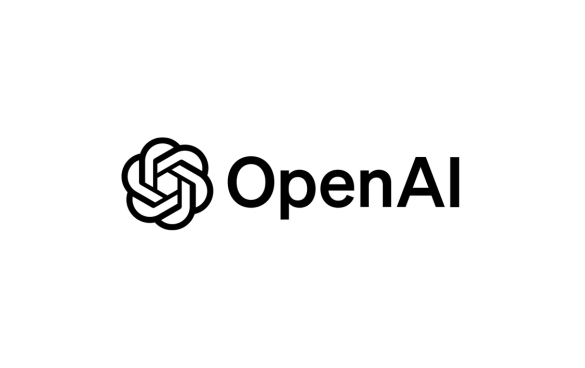Large Language Models (LLMs), like OpenAI's GPT-4, are at the forefront of a revolution in human-machine interaction. These advanced AI systems are reshaping how we integrate with machine learning, offering unprecedented capabilities in understanding, generating, and interacting with human language. This transformation spans various domains, enhancing communication, automating tasks, and driving innovation.
Enhanced Communication and Understanding
LLMs have significantly improved the ability of machines to understand and generate human language. This advancement enables more natural and effective communication between humans and machines. Whether through chatbots, virtual assistants, or customer service platforms, LLMs can provide accurate and contextually relevant responses, making interactions smoother and more intuitive.
Automation of Complex Tasks
The capabilities of LLMs extend to automating complex and time-consuming tasks. These models can draft emails, generate reports, write code, and even create content, freeing up valuable time for individuals and businesses. The automation of such tasks not only boosts productivity but also reduces the potential for human error, ensuring higher accuracy and efficiency.
Personalized User Experiences
LLMs excel at personalization, adapting their responses and recommendations based on individual user preferences and behaviors. This personalized approach enhances user satisfaction and engagement across various applications, from e-commerce platforms suggesting products to educational tools providing tailored learning experiences.
Driving Innovation in Multiple Sectors
The impact of LLMs is being felt across numerous industries:
- Healthcare: LLMs assist in diagnosing conditions, summarizing patient data, and providing insights into medical research.
- Finance: They help in analyzing financial reports, generating investment insights, and automating customer interactions.
- Education: LLMs offer personalized tutoring, content creation, and administrative support, making education more accessible and effective.
Challenges and Ethical Considerations
While the benefits are substantial, there are challenges and ethical considerations to address. Ensuring data privacy, preventing biases, and maintaining transparency in AI decision-making are critical to the responsible deployment of LLMs. Ongoing research and collaboration are essential to mitigate these issues and harness the full potential of LLMs safely and ethically.
Conclusion
Large Language Models are revolutionizing human-machine interaction by enhancing communication, automating tasks, and driving innovation across various sectors. As these models continue to evolve, their ability to transform industries and improve daily life will only grow, making them an integral part of the future of technology and human integration with machine learning.
